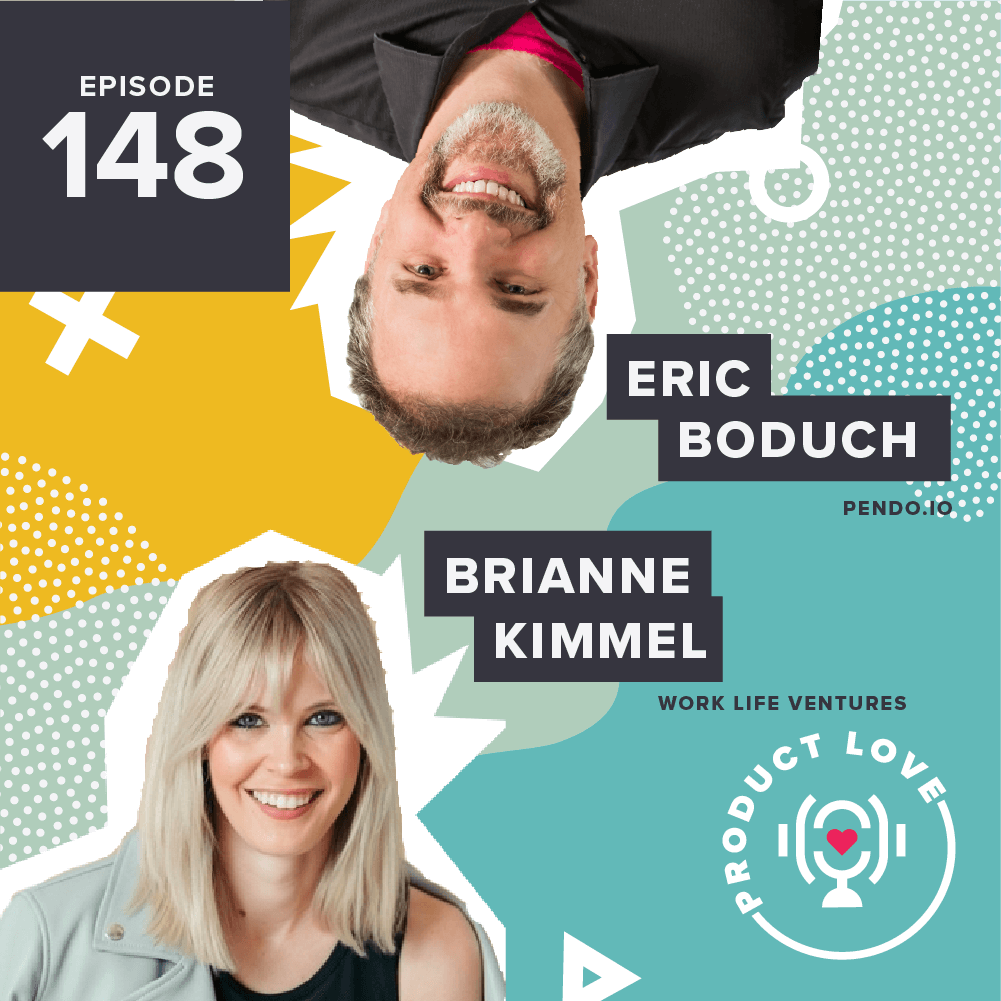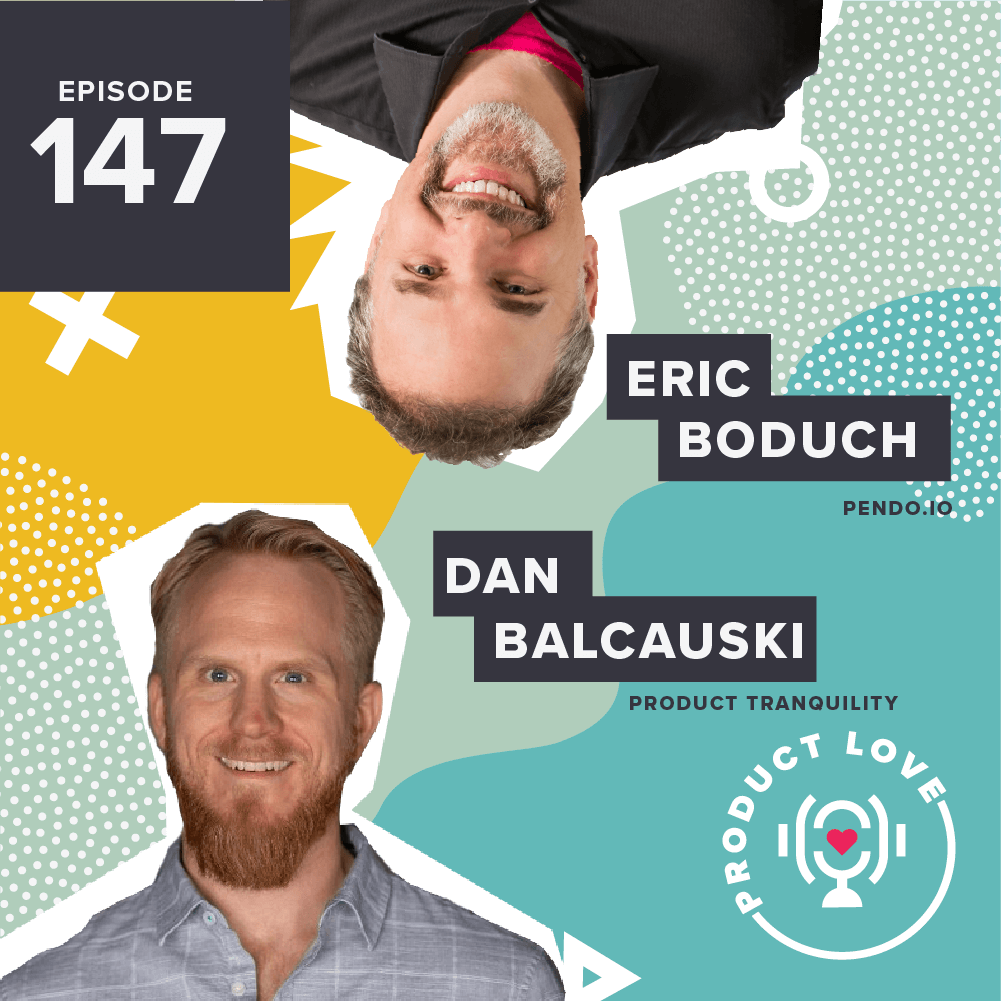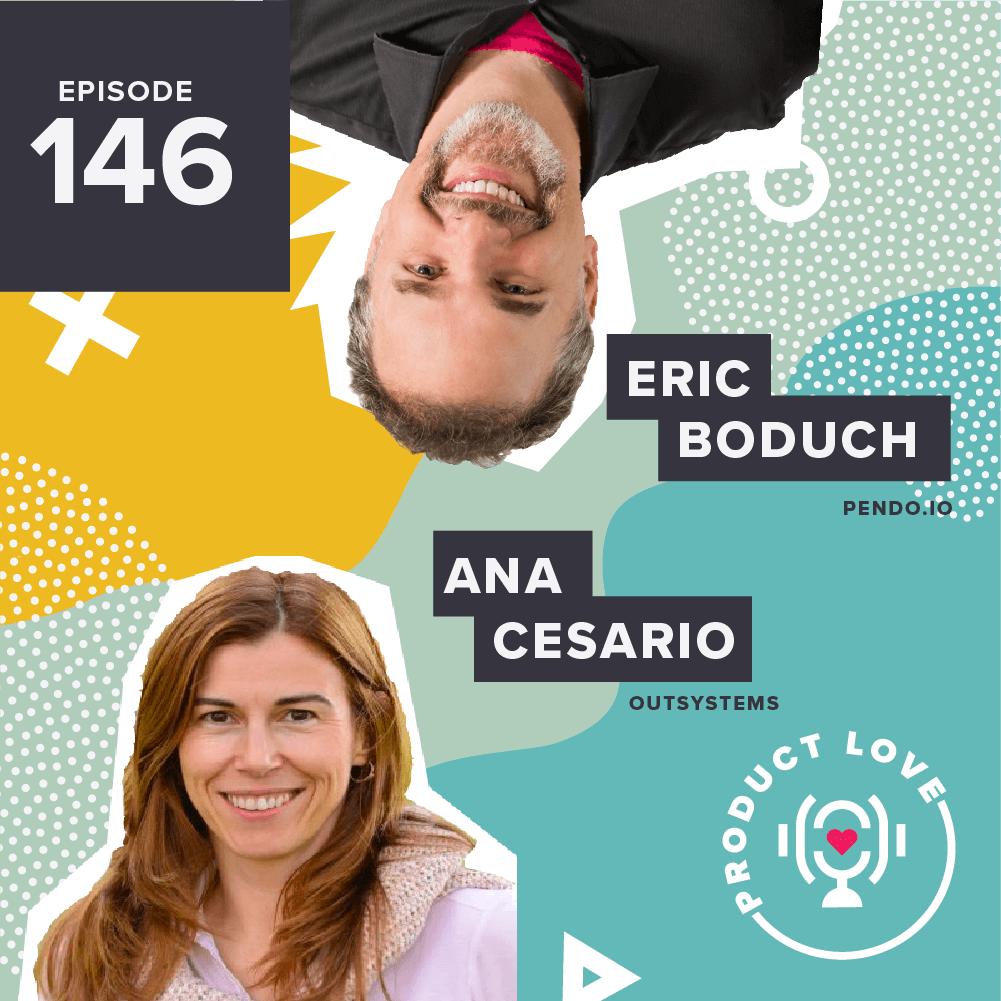Imagine a headline that says, “Anti-discrimination team fails to compromise due to differences of opinion.”
Ironic but … absolutely terrifying, right? Benjamin Earl Evans constantly grappled with the fear that this would be his product team’s fate. When he joined AirBnB with the mission of ending discrimination within the product, there was no question that his team had to be completely aligned in order to solve such a complex problem. But when the product team couldn’t reach a consensus due to diverse opinions, he realized that perhaps this was a lesson in disguise. These disagreements empowered them to acknowledge their biases and figure out what was interfering with their decision-making process.
This week on Product Love, I sit down with Benjamin Earl Evans, inclusive design lead at Airbnb. In this episode, Ben discusses the importance of inclusive design and identifies the three types of bias that product people tend to fall victim to.
Inclusive Design
Inclusive design is exactly what it sounds like. It’s about including people and finding ways to bring them into your product. Benjamin shares that the ultimate goal of inclusive design is to create a product or service that is as accessible to as many people as possible, without having that product change too significantly in response to those needs.
Really, it makes perfect sense. All product people want their products to have maximum appeal, so why not design for that?
Benjamin recommends ways people can start implementing inclusive design principles in their day-to-day lives. For example, just start talking to people who aren’t like you. Generally, we’re geared toward spending time with people who are similar to us. A lot of it comes from the same problem that plagues the concept of “culture fit” — we’re just naturally biased.
Benjamin wants people to understand that having bias is natural. We have the tendency to believe that it’s bad, so we try to deny it, which doesn’t allow us to have constructive conversations around bias.
Next, he recommends asking, “Who is missing?” during product meetings. When we talk about the customers, user personas, or segments that we’re targeting, we come up with an imaginary audience. Oftentimes, that audience excludes a group of people. Ask questions about who gets to participate in user testing and how they were selected.
To become fully inclusive, the first step is to acknowledge where you aren’t.
Three Types of Bias
Stereotyping bias is the first one, and it’s most prevalent when we conduct user testing or persona research. We tend to highlight one specific group: 18- to 36-year-old men. We probably immediately assume two things about this group — that they are white and English-speaking. Instead, we should pursue more research around this group, rather than acting on limited information.
Next up is optimism bias. Product managers are probably most familiar with this bias, but just for the umpteenth time: do not fall in love with your idea. We always think our solution is probably the solution, rather than a solution. How do you fight that? According to Benjamin, the answer is to create a culture of experimentation. Start with the assumption that you’re wrong and work from there.
The backfire effect is another bias closely related to the optimism one. When our beliefs are challenged, we double down on them. To combat this, Benjamin suggests that we find ways to talk about the product and not the idea. He believes we need to detach ourselves and remember that criticism of an idea isn’t personal criticism.
Want to hear about how Airbnb recruited Benjamin? Or why he believes all product people are designers? Listen to the episode above.


